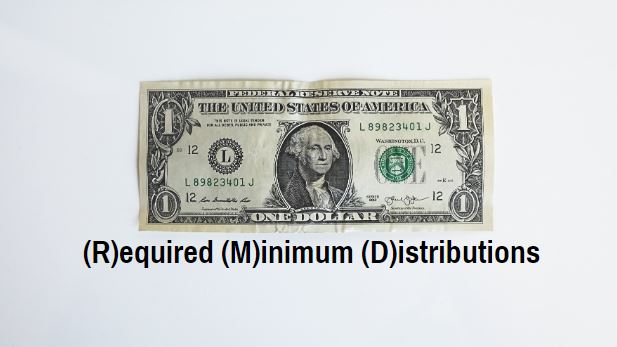If you saved well for your senior years by consistently funding an IRA or 401K, you’re probably quite appreciative of that money now that you’re actually retired and using it. But the last thing you want to do is give up a huge chunk of your savings for no good reason. And if you neglect to take your required minimum distribution, or RMD, you’ll wind up doing just that.

How RMDs work
As you’re probably aware, the money you’ve invested in your self-directed IRA or 401K gets to enjoy some pretty favorable tax treatment while it’s in there. With a traditional IRA or 401K, any gains in your account are tax-deferred, and you don’t pay the IRS anything until you take withdrawals from your plan. With a Roth self-directed IRA or 401K, gains in your account are tax-free, and you pay no taxes on withdrawals.
Because of this, the IRS doesn’t want that money sitting around in your retirement plan indefinitely. It also doesn’t want that money passed on to your heirs so that they can benefit from the tax advantages involved.
As such, unless you’re housing your retirement savings in a Roth IRA, you’re required to remove a certain portion of your account balance each year, which is known as your RMD. The exact amount you’re required to withdraw depends on the sum you have sitting in your IRA or 401K, coupled with your life expectancy at the time.
If you don’t take your RMD or you don’t take all of it, you’ll be slapped with a 50% tax penalty on any amount that isn’t removed from your account on time. This means that if your RMD for 2019 is $8,000 and you don’t take it, you’ll lose $4,000, just like that. Ouch.
RMD deadlines
Your first RMD is due by April 1 following the year in which you turn 70 1/2. If you turned 70 in May of 2019 and turned 70 1/2 in November of 2019, you’ll need to take your first RMD by April 1, 2020. Meanwhile, all subsequent RMDs are due by the end of each calendar year, so if you’ve already been taking your RMDs but haven’t done so for 2019, you have until December 31 of the current year to get the job done. If you don’t, you’ll face that dreaded 50% penalty.
Don’t forget about taxes
If your RMD comes out of a Roth 401K, you won’t have to worry about paying taxes on that sum, since Roth withdrawals are tax-free. But if you’re taking an RMD from a traditional IRA or 401K, you’ll need to pay taxes on that sum, just like you’d pay taxes on a non-mandated withdrawal. Be sure to set aside some of that money for tax-payment purposes so you’re not left scrambling later on.
In an ideal world, you’d have complete control over your retirement savings, including when to take withdrawals or not. In reality, that’s not good for the IRS, and as such, that’s not the rule.
Therefore, pay attention to when your RMDs are due and make sure you take them by their appropriate deadlines. If you don’t, you could wind up losing thousands upon thousands of dollars that you worked so hard to save.